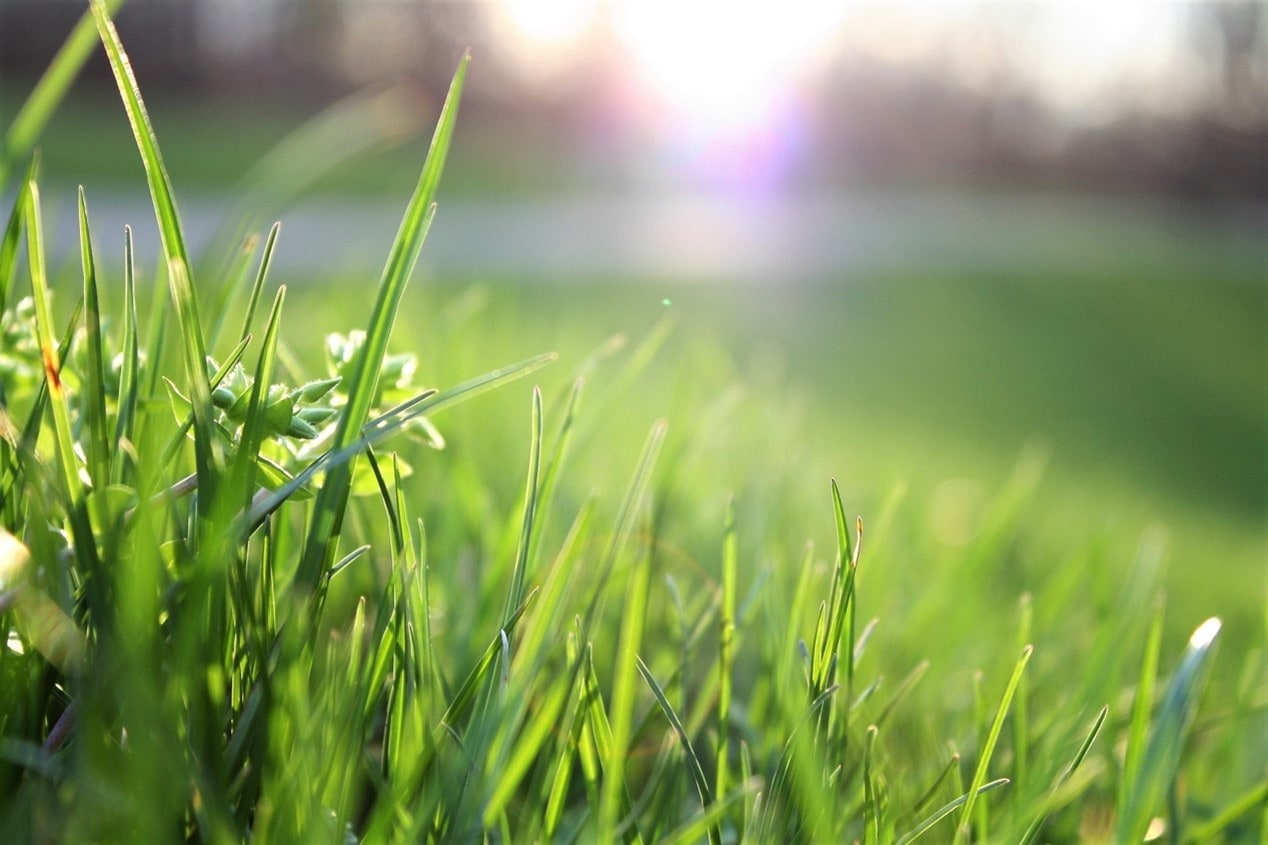
Regardless of the types of plants that they are growing, every gardener understands the importance of fertilizers. They help provide your plants with key nutrients that the soil they are grown in may naturally lack.
If you do not use fertilizers, it can hard to ensure that your plants are growing properly and blooming as well as you would like. Without the nutrients they supply, you may find yourself with plants that have health issues.
However, not all fertilizers are the same. Different fertilizers provide different nutrients and understanding these variations will ensure that you choose the right option to address the needs of your plants.
Organic Fertilizers
Organic fertilizers are made from natural materials. These materials include manure, compost, animal and plant products, and more. Unlike inorganic fertilizers, they are not available in measurable amounts of specific nutrients.
These fertilizers are often made up of simple ingredients. They are very good sources of nutrients for your plants and are often recommended over inorganic fertilizers. However, they work slower than inorganic fertilizers and release nutrients into the soil over the long term.
Inorganic Fertilizers
Inorganic fertilizers usually fall under three categories: Nitrogen, Phosphorus, and Potassium fertilizers. These fertilizers are made up of various chemical components and are tailored to ensure that your plants receive the needed nutrients.
To ensure that you are using the correct inorganic fertilizers for your plants, you should know what nutrients the plant needs and how much quantity it needs it in. This will allow you to choose the right fertilizer for your needs.
Inorganic fertilizers are usually used as a short-term solution to nutrient deficiencies and allow you to quickly ensure that your plants have the required amount of nutrients.
Nitrogen Fertilizers
Nitrogen is a nutrient that is responsible for plant and leaf growth. This nutrient is particularly key in the middle stage of a plant’s lifespan when it will encourage your plants to grow larger and have more leaves and stems.
However, if you are hoping for flowers and fruits from your plants, nitrogen will be an ineffective fertilizer to use. Not all plants need nitrogen – some, like beans and peas, replenish the nitrogen in the soil instead of using it.
Phosphate Fertilizers
Phosphate fertilizers supply plants with phosphorus, a nutrient that is needed by plants throughout their lifecycle. This nutrient helps build the structure of the plant, particularly the root system and stems.
This nutrient helps benefits the plant’s ability to flower, seed, and fruit. Furthermore, it can also help increase soil quality and allow plants to absorb nitrogen better.
Plants deficient in phosphorus can be difficult to identify early. This is because the main sign of deficiency is stunted growth, which is often only obvious later in the growth. This means that ensuring that you use phosphate fertilizers at the start of the planting is key to fighting phosphate deficiency. Most phosphate fertilizers are long-lasting, but they are also slow acting. This means that you should use them far before planting season.
Potassium Fertilizers
Potassium helps in the development of strong roots and is vital for proper photosynthesis to take place. It helps plants transform other nutrients into an accessible food source. It also helps reduce the likelihood of diseased plants.
Potassium deficiency in plants is relatively easy to spot. Most plants will display yellowing or browning on the edge of leaves in the early stages of potassium deficiency. In such a situation, potassium fertilizer should be applied immediately to reverse the damage.
How to use potassium fertilizer depends on the type of plant you are growing, so you will have to research the guidelines for your specific plants.
Final Thoughts:
Fertilizers are available in liquid, powder, and granular forms. Each has its advantages and disadvantages, and often, choosing which one to use depends on personal preference. If you are looking for help with ensuring that your garden is properly fertilized, contact TurfPride for any help that you may need.
